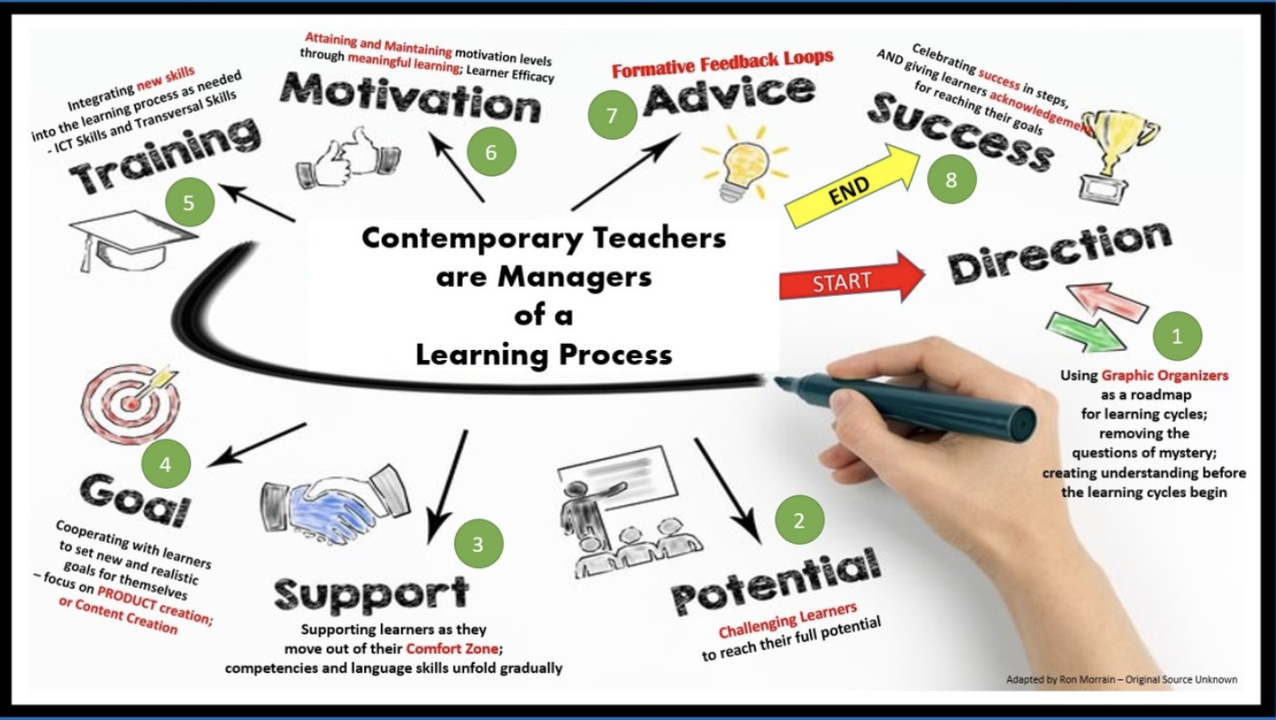Frank Braccia
In many schools, exam results are seen as the ultimate measure of success. They influence university admissions, with some countries relying solely on results for acceptance. Governments often rate schools and allocate funding based on performance, and teacher appraisals and increments are frequently tied to student outcomes. This focus on results-driven education is an undeniable reality.
While academic achievement is important, research shows that an overemphasis on test scores can have detrimental effects. This article examines the impact of such a culture on student wellness, teacher retention, and the broader educational experience, underscoring the need for a more holistic approach to education.
The Toll on Students
A results-driven culture places immense pressure on students, often leading to mental health challenges such as anxiety, depression, and even suicide in extreme cases. The World Health Organization has reported a significant rise in adolescent mental health issues, with academic stress being a key contributor. Despite widespread acknowledgment of the problem, practical solutions often remain elusive.
Ironically, a relentless focus on academic performance narrows the scope of learning. Curricula become tailored to test preparation, favoring rote memorization over critical thinking, creativity, and problem-solving skills. The “past paper syndrome” reduces learning to endless practice sessions, eroding students’ intrinsic motivation and diminishing education’s transformative potential. What should be a journey of growth becomes a materialistic endeavor serving the institution rather than the student.
The Burden on Teachers
Teachers in exam-centric environments face significant challenges. The pressure to deliver high results translates to long hours, frequent assessments, and unrealistic expectations, leading to stress, burnout, and diminished job satisfaction. Professional autonomy is often sacrificed, as rigid curricula and standardized testing leave little room for innovation or personalized teaching methods.
In such environments, some teachers may push students beyond reasonable limits, focus solely on high achievers, or exclude average-performing students from opportunities, turning classrooms into production factories rather than nurturing spaces. These conditions contribute to staff turnover rates, eroding stability, teacher-student relationships, and the school’s reputation.
Erosion of Holistic Development
An overemphasis on test scores undermines holistic education. Arts, sports, and social-emotional learning are often neglected, depriving students of opportunities to develop resilience, empathy, and teamwork—skills essential for personal and professional success. Moreover, exam performance culture exacerbates inequality. Wealthier families can afford tutoring and resources to boost exam performance, leaving less privileged students at a disadvantage and deepening social divides.
In the long run, exam-focused education yields short-term gains but fails to equip students for real-world complexities. Employers increasingly value skills like collaboration, adaptability, and critical thinking—qualities that test-centric systems rarely nurture.
A Call for Change
To transition from a results-driven to a wellness-focused culture, schools must take proactive steps to create a balanced and supportive environment. Limiting in-house exams and emphasizing formative assessments can shift the focus from grading to meaningful learning. Alternative frameworks, such as project-based learning and portfolios, offer a more holistic evaluation of student abilities while preparing them for real-world challenges. Empowering teachers with autonomy to innovate and personalize their teaching, paired with robust professional development, fosters a more dynamic and engaging classroom experience. Schools should also prioritize wellness programs that support students’ social-emotional health, mindfulness, and resilience. Strong leadership is essential to champion these changes, ensuring that growth, not grades, becomes the foundation of the educational experience and mentor and support teachers in this process.
The Path Forward
An exam-centric culture may deliver short-term validation but at a steep cost: student well-being, teacher retention, and future preparedness. By embracing a more balanced and inclusive approach, schools can foster resilient, capable individuals ready to navigate the complexities of the 21st century.
This shift—from grades to growth, from knowledge to wisdom, and from stress to wellness—is not just necessary but essential. Schools must rise to the challenge of building a better future, addressing the political, economic, social, and environmental hurdles that lie ahead. It is time to get off this merry-go-round and redefine success and preparation in education.








